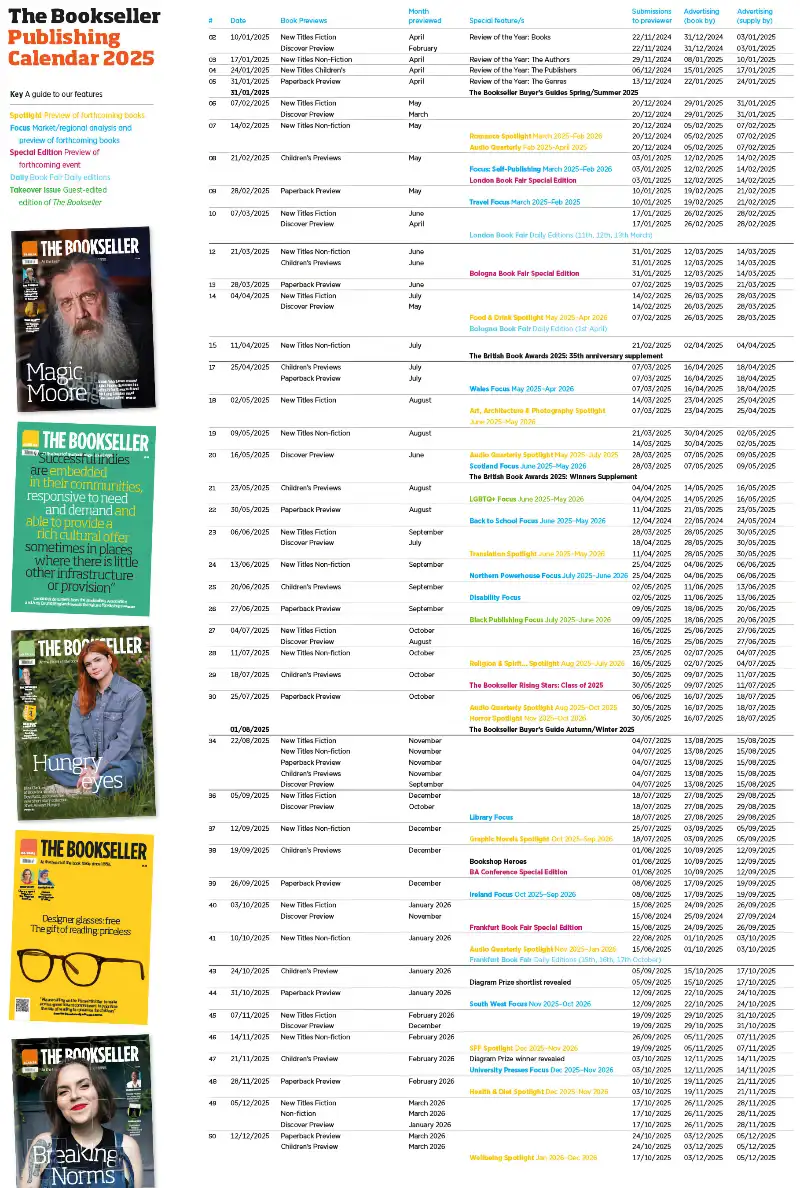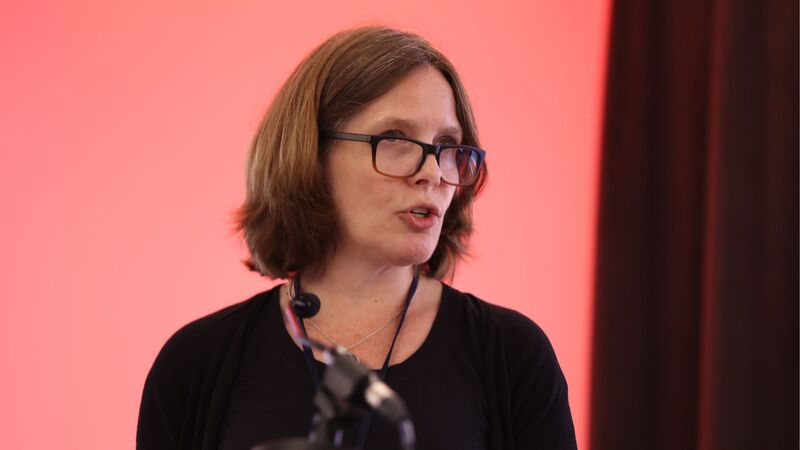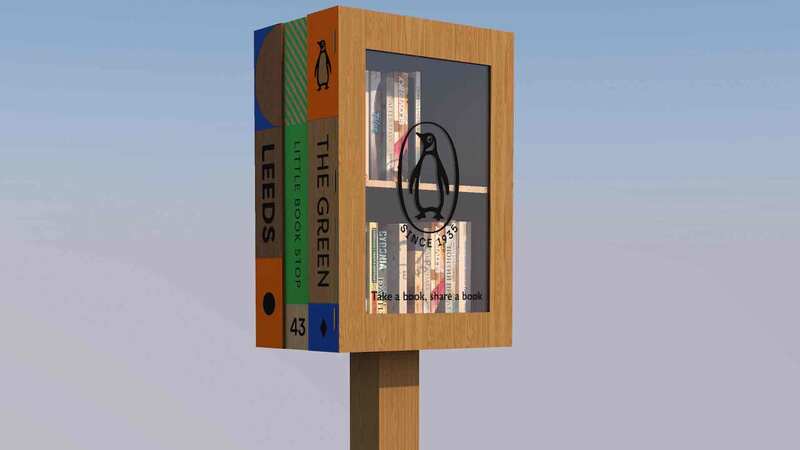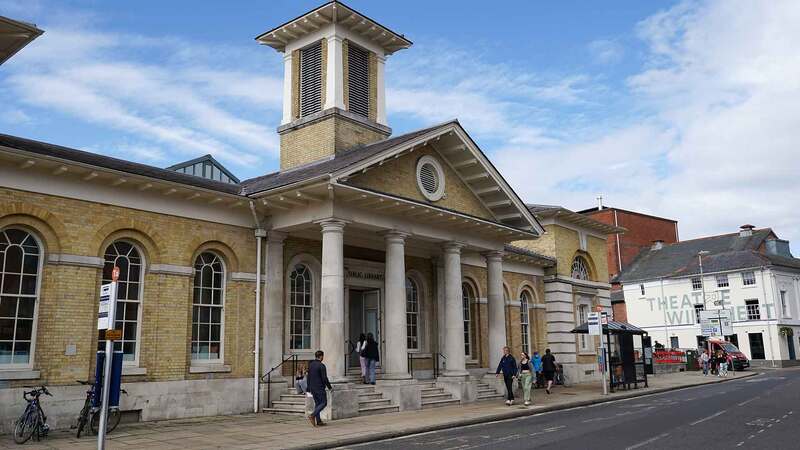You are viewing your 1 free article this month. Login to read more articles.
Many libraries now open but 72-hour quarantine rule causing 'huge pressure'
Library authorities say more than 90% of their facilities have reopened since lockdown eased, with nearly half offering browsing, though many have suffered “huge pressure” from a 72-hour book quarantine rule.
Libraries across the UK were allowed to reopen last month with the next significant lockdown easing in England coming on 17th May, meaning more browsing across sites will be possible. For the past year, librarians have been following advice around a 72-hour quarantine period for returned books to prevent transmission of the virus.
Support organisation Libraries Connected recently ran a survey of its 177 members across England, Wales and Northern Ireland and received responses from almost a third of them (55 library services). The results showed 93% of libraries are offering PC access and have browsing at some or all sites while 45% have opened for browsing at all their buildings. Ten of these library services were also offering an enhanced home library service.
Isobel Hunter, c.e.o. of Libraries Connected, told The Bookseller: “It’s wonderful to see so many libraries reopening around the country as we emerge from lockdown. During this time, libraries are gradually reintroducing activities and events in person but we’re also seeing the emergence of combined models of delivery that reflects users' need for online, onsite and remote events and services. We’re working closely with the DCMS [Department for Digital, Culture, Media & Sport] to ensure our service recovery toolkit for libraries reflects the latest advice from Public Health England (PHE) to keep staff and users safe. Book quarantine is one of the issues we raised with DCMS because it takes a lot of staff time, uses up library floor space and causes problems for book circulation, especially of popular titles."
Nick Poole, c.e.o. of library and information association CILIP, has also been urging an update to the 72-hour rule. “In the early days of the pandemic, DCMS solicited advice from PHE on Covid-secure handling of books by libraries,” he told The Bookseller. “This was largely in response to enquiries from library workers concerned that the circulation of book stock could expose library users to risk via surface transmission.”
PHE said at the time that the risk from books with plastic covers was negligible after 72 hours and the risk from books with a cardboard or paper cover is negligible after 24 hours, Poole said. He explained: “Since most library books are plastic-covered to prevent wear and tear, the majority of libraries adopted the practice of quarantining books for 72 hours. Considering the millions of individual titles in circulation across the library sector, this has been a huge operation and it is a testament to the diligence of library staff that we are not aware of any reported cases linked to library use.
“Libraries have operated this quarantine for a year now, and it is slowing down the rate at which materials can be lent as well as placing huge pressure on available space. Libraries Connected and DCMS have both been working with government contacts and PHE to explore whether this guidance can be revised or relaxed while maintaining the safety of library users."
The Bookseller understands PHE has now advised the DCMS that the 72-hour quarantine can be dropped if returned plastic covered books are sanitised on return with cleaning fluid. Where this is not practicable, libraries are urged to maintain their quarantine procedures for returned books and resources. Libraries Connected has been updated so it can be reflected in the toolkit.
Alan Wylie, a library worker and Unison activist and campaigner, revealed a wider frustration with the national picture and believes there is not enough support to make libraries safe. “Basically it’s a mess with each council doing its own thing within the restrictions of the guidelines and regulations,” he told The Bookseller. “Some have jumped straight back in with normal or longer opening hours as if nothing has happened and some, though possibly not many, are being very cautious."
"The major concern is that many or most services have been hollowed-out by cuts and haven’t got the staff or resources to put proper risk assessments and safe working practices into action, for example short-staffing/lone-staffing making workplace bubbles impossible and lack of PPE. Some managers also feel under pressure to just keep the doors open and sometimes sadly sideline health and safety and worker wellbeing in order to do so.”
Many live services from libraries are yet to return. “Although services can now do face to face ‘story time’ sessions I haven’t heard of many who are, so the majority are still doing most things online,” Wylie said.
One authority which has only partially reopened its libraries is Ealing, where four out of 14 buildings welcomed people back from 12th April with a limited service.
A spokesperson for Ealing libraries said: “From 17th May, when the next level of government lockdown restrictions are due to be lifted, residents will be able to enjoy a more leisurely browsing experience, for 30 minutes instead of the current 15. More computers will also be available to use and a ‘click-and-collect’ service will continue to operate.
“Some of Ealing’s other libraries are currently being used for asymptomtic testing centres and services will not return to these libraries until at least the end of June. The proposed removal of all legal limits on social contact on 21st June would allow us to open all our libraries and resume normal services.”
Ealing Council said it was also hoping for clearer guidance from the DCMS. “We will continue to follow the government’s guidance on quarantining books for 72 hours and ensuring staff can wash and sanitise hands regularly," the spokesperson said. "However if the guidelines are relaxed to allow us to reduce the quarantine time, we will be very happy to do that. We would like more clarity on the 72-hour book quarantine so that we can reduce it where appropriate as well as advice on our adult learning group classes and room hire.”
A DCMS spokesperson said: "Libraries are a vital part of our local infrastructure which is why they were permitted to open from step two of the roadmap and continued to provide services throughout lockdown. Local authorities are managing and phasing the reopening of library locations according to local needs and resourcing, as well as the availability of their library locations. We will continue to discuss the potential for further relaxations of quarantine requirements with Public Health England."

















